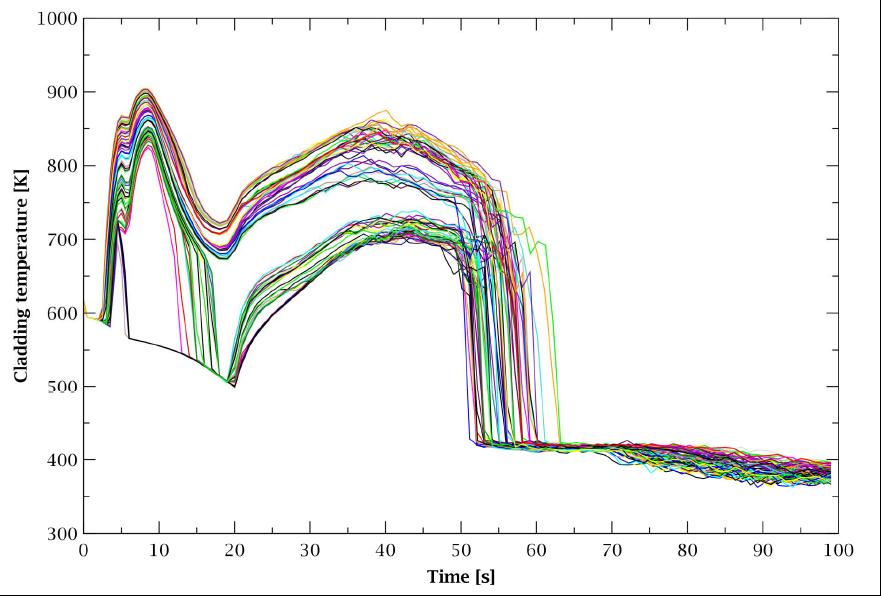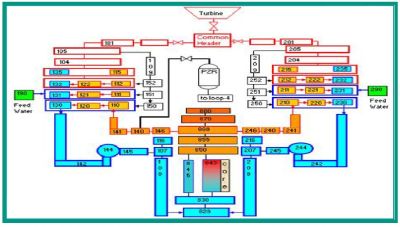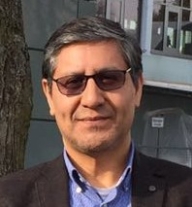Tailored Course on Numerical Tools for Design Basis Accidents: Migration from RELAP5 to TRACE
|
|
Dr. V. Sanchez-Espinoza, INR, KIT |
|
Course |
009 |
|---|---|
|
Title |
Tailored Course on Numerical Tools for Design Basis Accidents: Migration from RELAP5 to TRACE |
|
Prerequisites |
Thermal hydraulic of nuclear reactors, nuclear power plants |
|
Goal of the course |
Familiarization with the theoretical basis and practical use of thermal hydraulic system codes such as RELAP5, TRACE for the analysis of design basis accidents of pressurized light water reactors |
|
Content |
Modelling a NPP with RELAP5 and TRACE
How to reach steady state and animation of results using SNAP LOCA modelling
TRACE Numerics Option for parametric studies (using SNAP) TRACE Documentation of model using SNAP Evaluation of results using APTPLOT Scripts |
|
Lecturer |
Dr. V. Sanchez-Espinoza, INR, KIT |
|
Schedule |
19.09. - 23.09.2016; 9 am to 5 pm daily |
| Location |
Brussels, Belgium at TRACTEBEL Site |
Dead line for application: closed
Additional information: course is already full booked.
Application form download
Examples of TRACE Applications for PWR including Uncertianty Quantification with SUSA
 |
|
| TRACE PWR Integral Plant Model for Safety Evaluations | TRACE/SUSA: Uncertainty Quantification of best-estimate codes: Cladding temperature for LOCA |
| Lecturer: |
Dr. Victor Hugo Sanchez Espinoza |
| Areas of Expertise | - Modeling of LWR in-vessel severe accident phenomena - Improvement of thermal hydraulic system codes - Transient analysis for PWR and BWR with system and coupled codes - Transient analysis of Gen-4 reactors with thermal hydraulic system codes - Development of multi-physical and multi-scale coupling for local prediction of pin power - Validation, qualification and uncertainty quantification of thermal hydraulic and neutron kinetics coupled codes |
| Lectureship | KIT Mechanical Engineering Faculty since 2008: Nuclear Safety Assessment of Nuclear Power Plants |
| Kontact: Email: Homepage: |
Dr. V. Sánchez Espinoza victor sanchez?kit edu www.inr.kit.edu |


